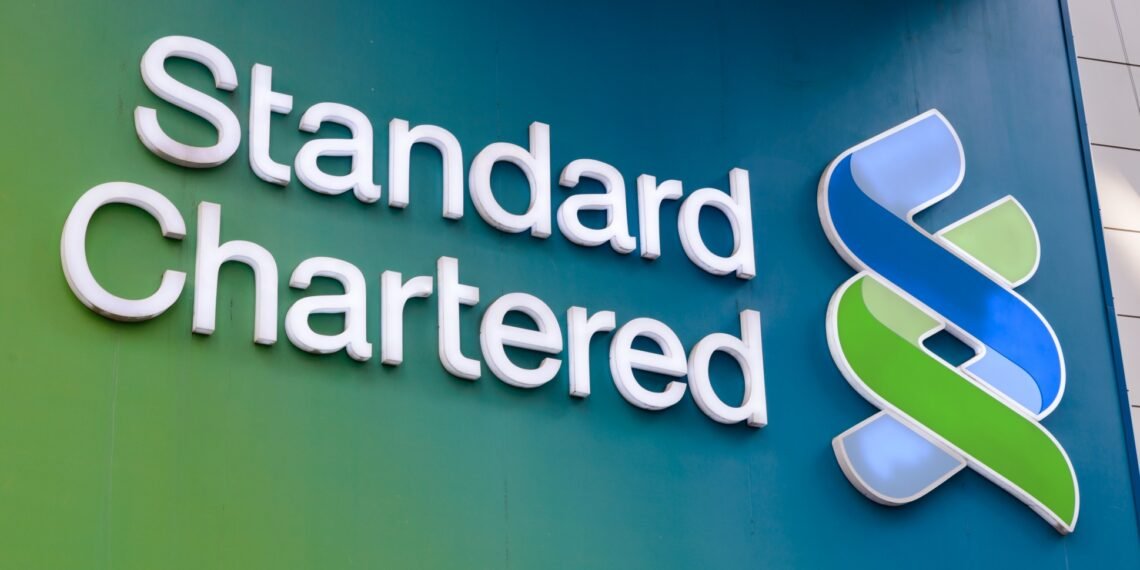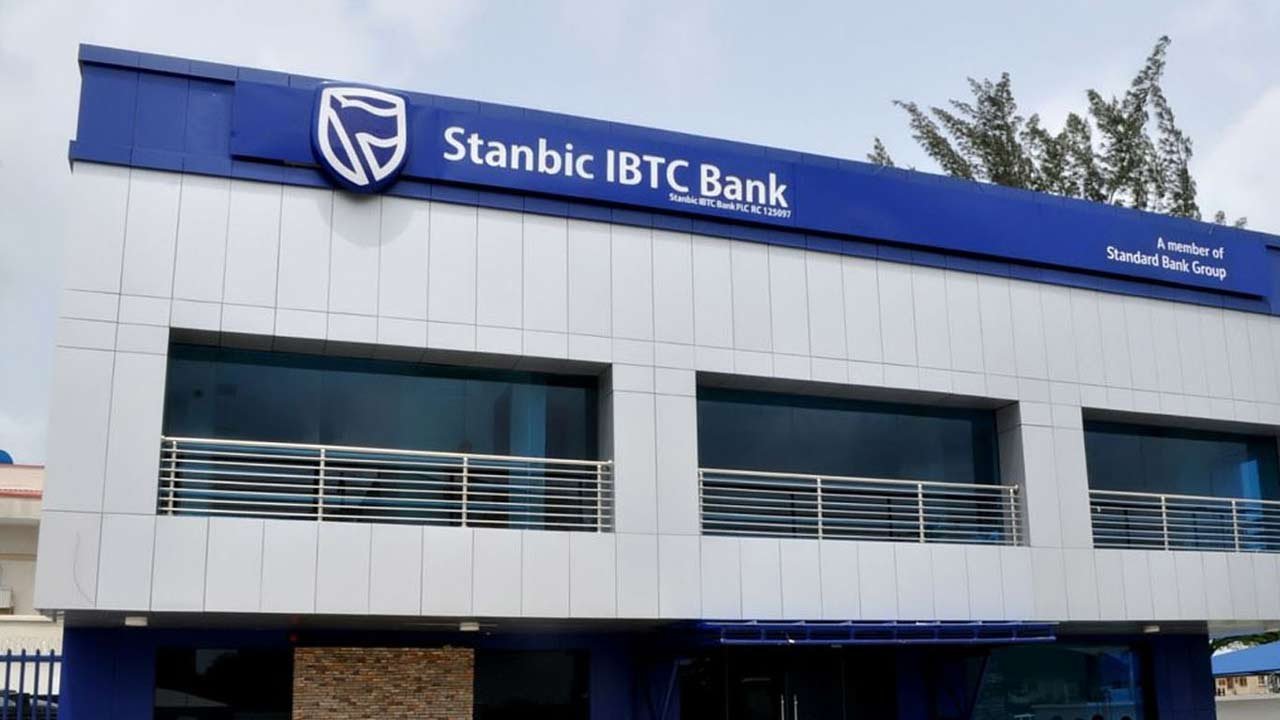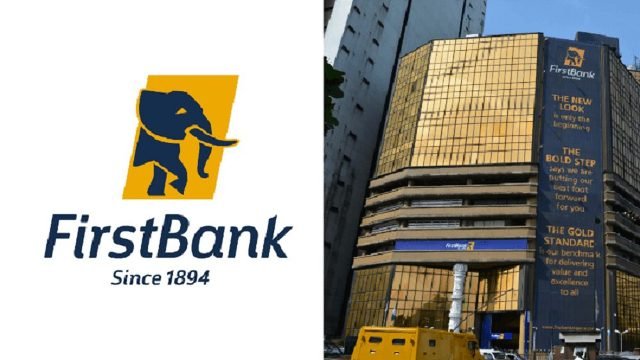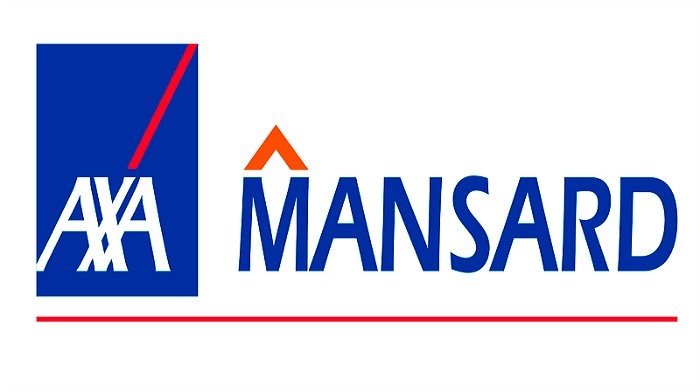In light of foreign exchange fluctuations, Standard Chartered Bank advises Nigerians to refrain from stockpiling dollars.
The bank’s worldwide market outlook included financial specialists’ insights into currency movements.
Stay tuned and learn the totality of Standard Chartered’s expert advice on handling Nigeria’s forex market in this post.
The Present situation
Ayodeji Adelagun, Head of Financial Markets & Rates & Credit Trading, West Africa, warned against speculating and stockpiling due to the naira’s unpredictability.
Instead, he advised buying only the dollars needed immediately. Adelagun blamed the naira’s volatility on the Central Bank of Nigeria’s efforts to restrict cash in circulation.
Standard Chartered Advises on Dollar Stockpiling
The Role of Central Bank Policies
Adelagun explained, “The central bank is trying to mop up as much liquidity as possible to reduce the volume of cash chasing FX. The moment we get to normalcy and FX liquidity improves, we will begin to see the effects of these policies. Everything is a derivative of FX management.”
He also acknowledged that foreign portfolio investors might show interest in Nigeria as liquidity improves, potentially leading to a Eurobond issuance.
However, the main concern for these investors remains the lack of ease of entry and exit, influenced by market rates that may not accurately reflect the currency’s true value.
Foreign Portfolio Investor Concerns
Adelagun voiced the apprehension of foreign portfolio investors, stating, “Recently, we saw the FMDQ begin to publish prices that are fairly reflective of where the market rates are.
This opens the door for foreign portfolio investors to bring in their money because they are likely to have a market rate.”
He acknowledged that the process might not unfold as rapidly as desired but considered it a positive development. As the market adjusts and presents a more positive outlook, it could pave the way for foreign portfolio investors to contribute to a potential Eurobond issuance.
Chairman’s Perspective
Foluso Phillips, Chairman of Standard Chartered Bank, emphasized the importance of maintaining a positive attitude amid the concerns surrounding forex issues.
He cautioned against succumbing to unnecessary pressure and panic, stating, “We must have a very positive attitude. As far as what is going on in the country, it is obvious that we are all pretty concerned.”
Phillips likened the situation to building a house, emphasizing that the measures implemented by the central bank need time to settle and trigger the desired effects.
He noted, “… a lot of things are time-bound. When I was building my house, somebody mentioned to me that when you put in a concrete slab, you put the concrete, but you have to give it time to settle. You can’t rush it.”
Frequently Asked Questions
1. Q: Why is Standard Chartered advising against hoarding dollars?
A: Standard Chartered cautions against dollar hoarding due to the volatility in the foreign exchange market. The bank suggests acquiring only what is immediately needed, attributing the currency’s instability to the Central Bank of Nigeria’s efforts to manage excess liquidity.
2. Q: How does the instability of the naira impact the advice on dollar stockpiling?
A: The unstable naira contributes to the cautionary stance, prompting Standard Chartered to recommend against speculation or excessive accumulation of dollars. The bank emphasizes the need for prudence in acquiring foreign currency in the current economic climate.
3. Q: What are the specific challenges faced by foreign portfolio investors in Nigeria, as mentioned by Standard Chartered?
A: Standard Chartered highlights the concerns of foreign portfolio investors, particularly regarding the lack of ease of entry and exit. Market rates that may not accurately reflect the currency’s actual value pose a significant challenge for these investors.
4. Q: How does the Central Bank of Nigeria’s liquidity management play a role in the volatility of the naira?
A: According to Standard Chartered, the central bank’s efforts to mop up excess liquidity contribute to the naira’s volatility.
By reducing the volume of cash circulating in the foreign exchange market, the central bank aims to bring about stability, though this may result in short-term fluctuations.
5. Q: Is there an expectation of improvement in FX liquidity, and how might it impact the market?
A: Yes, Standard Chartered anticipates an improvement in FX liquidity, which could attract foreign portfolio investors to Nigeria. As liquidity improves, there is potential for positive market adjustments and even the issuance of a Eurobond.
6. Q: How quickly does Standard Chartered foresee positive changes in the market, especially for Eurobond issuance?
A: The bank acknowledges that positive developments, such as increased interest from foreign portfolio investors and potential Eurobond issuance, may not occur as rapidly as desired but sees them as positive signs for the market’s future.
7. Q: What message does the Chairman of Standard Chartered, Foluso Phillips, convey regarding Nigerians’ reactions to forex issues?
A: Chairman Phillips encourages a positive attitude and advises vigilance. He suggests carefully monitoring the situation and not succumbing to unnecessary pressure and panic, emphasizing the need to protect assets while understanding that certain measures take time to yield results.
8. Q: How does Standard Chartered address concerns about the lack of ease of entry and exit for foreign investors?
A: Standard Chartered notes that recent initiatives by FMDQ to publish prices reflecting market rates are positive steps. These actions can potentially facilitate easier entry and exit for foreign portfolio investors as market rates become more indicative of the actual currency value.
9. Q: What analogy does Chairman Phillips use to explain the timeframe for the effects of central bank measures?
A: Chairman Phillips likens the situation to building a house, stating that many measures are time-bound. He emphasizes the importance of allowing time for implemented policies to settle and take effect before expecting visible results.
10. Q: How can individuals navigate the current forex challenges based on Standard Chartered’s advice?
A: Standard Chartered suggests individuals stay informed, exercise patience, and make prudent financial decisions. By maintaining a positive outlook and understanding the time-bound nature of certain measures, individuals can navigate the challenges with confidence and resilience.
In Summary
In conclusion, Standard Chartered Bank’s advice on dollar stockpiling is a timely reminder for individuals and investors to exercise caution in the current foreign exchange climate.
As the central bank implements measures to stabilize the market, patience and a positive outlook are crucial.
By staying informed and making prudent financial decisions, you can navigate these challenging times with greater confidence and resilience.






